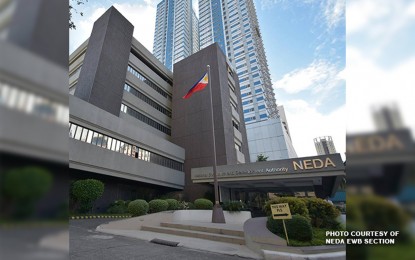
MANILA – The implementing rules and regulations (IRR) of Republic Act No. 11659 or the Amendments to the Public Service Act (PSA) will take effect this April 4 following the approval of an inter-agency group, including the National Economic and Development Authority (NEDA).
The NEDA on Monday released the new rules on the liberalization of public services in the country.
The IRR will facilitate the implementation of the PSA, which sets a clear distinction between the definition of public services and public utilities.
“With the IRR already in place, we see this as a landmark reform that will further improve the country’s position as an ideal investment hub, which will help enhance employment opportunities and allow more Filipinos to benefit from more improved goods and services,” said NEDA Secretary Arsenio Balisacan in a statement.
The RA 11659 enables 100 percent foreign ownership of public services, including airports, railways, expressways and telecommunications.
It retains the 60-40 ownership rule in public utilities identified in the IRR, which includes the distribution of electricity, the transmission of electricity, petroleum and petroleum products pipeline transmission systems, including sewerage pipeline systems, seaports and public utility vehicles.
The IRR prohibited investments from an entity controlled by or acting on behalf of a foreign government or foreign state-owned enterprises.
The IRR also has provisions safeguarding the country against national security concerns that may rise from merger, acquisition or any investments in a public service.
Moreover, with the implementation of the RA 11659 which was enacted into law by former President Rodrigo Duterte on March 21, 2022, Balisacan said this will attract more foreign investments that will promote market competition, accelerate innovation and generate high-quality jobs.
He reiterated the PSA complements policies and measures, such as the amendments to the Foreign Investments Act (FIA), the Retail Trade Liberalization Act (RTLA), the passage of the Corporate Recovery and Tax Incentives for Enterprises (CREATE) Act, the Regional Comprehensive Economic Partnership (RCEP) ratification, amendments to the IRR of the Build-Operate-Transfer (BOT) law, approval of the NEDA Joint Venture (JV) Guidelines and the administration’s efforts in promoting the Philippines as an investment hub.
“We are confident that the Philippines will be able to attract much-needed capital and technology, sustain its high-growth trajectory, and generate high-quality jobs enabling rapid poverty reduction in the next six years,” Balisacan said. (PNA)
